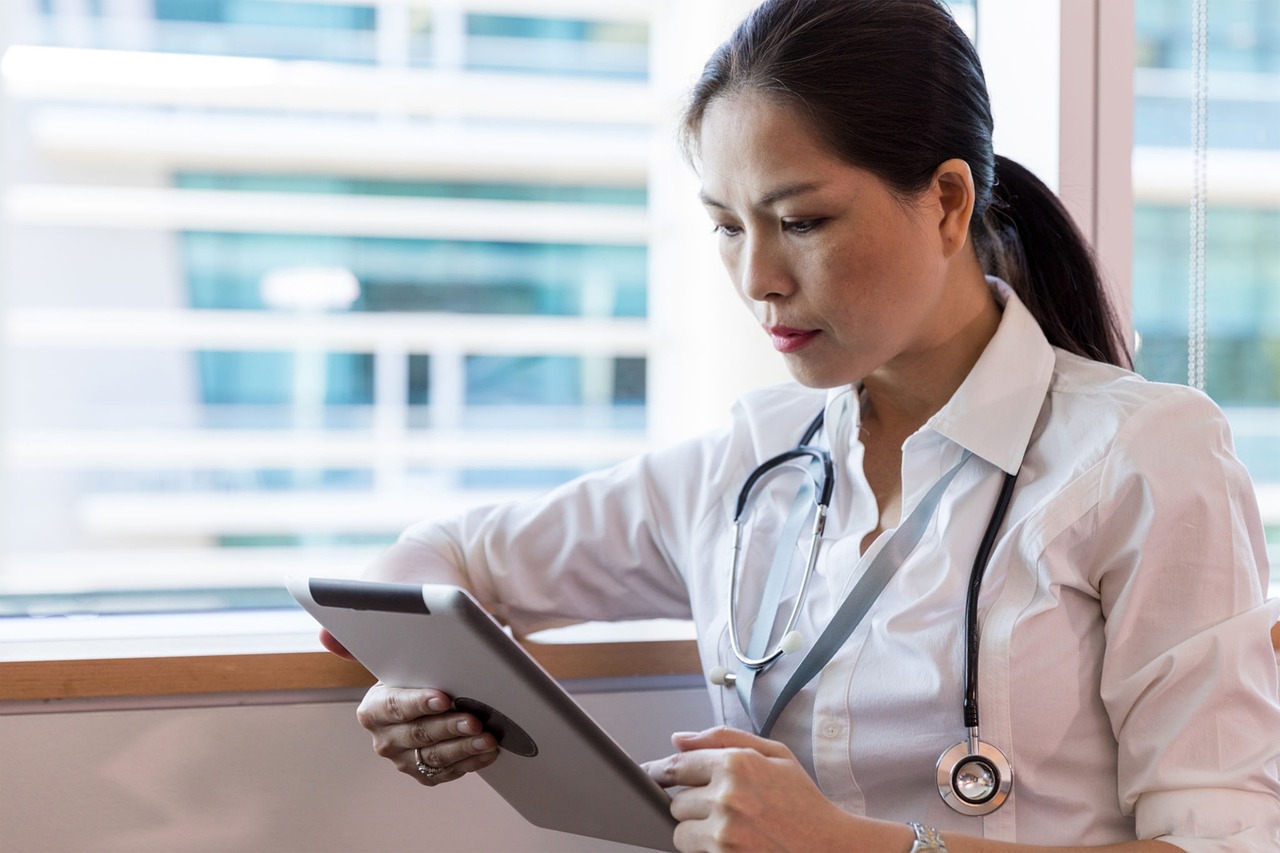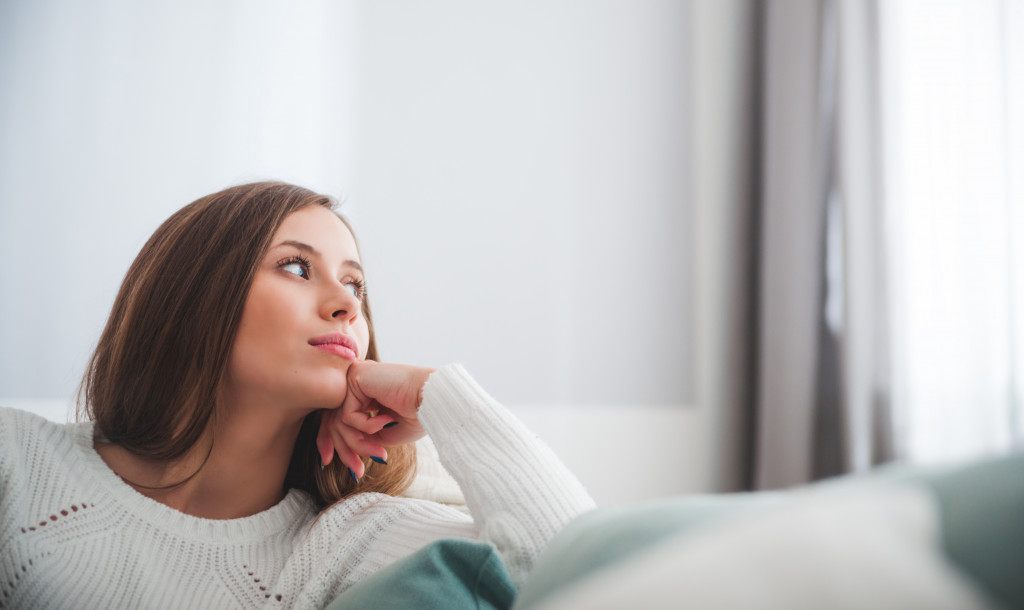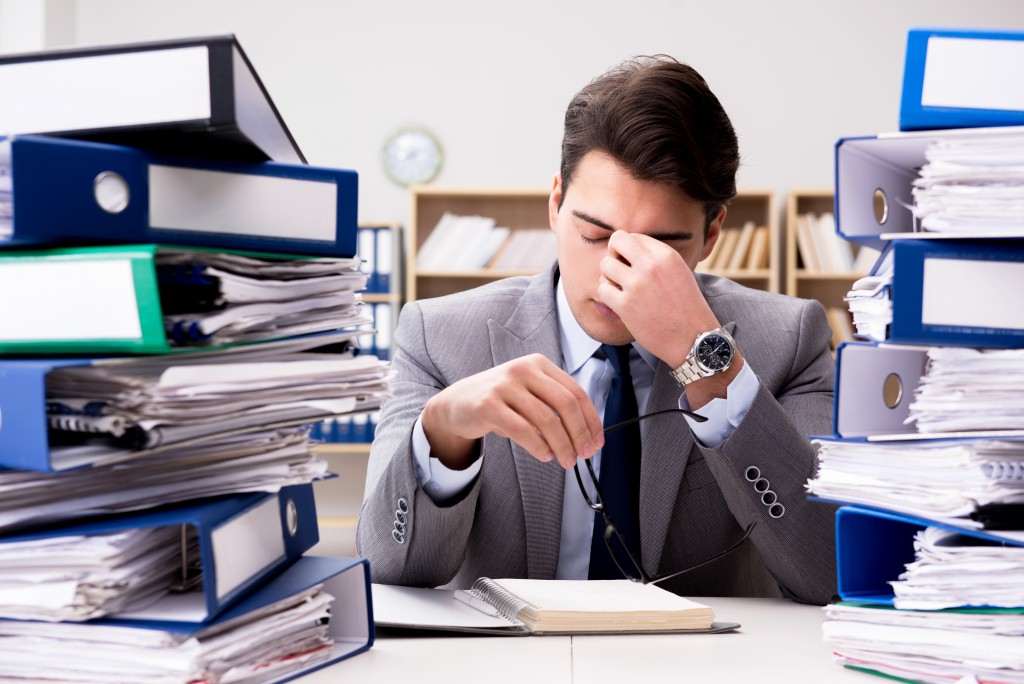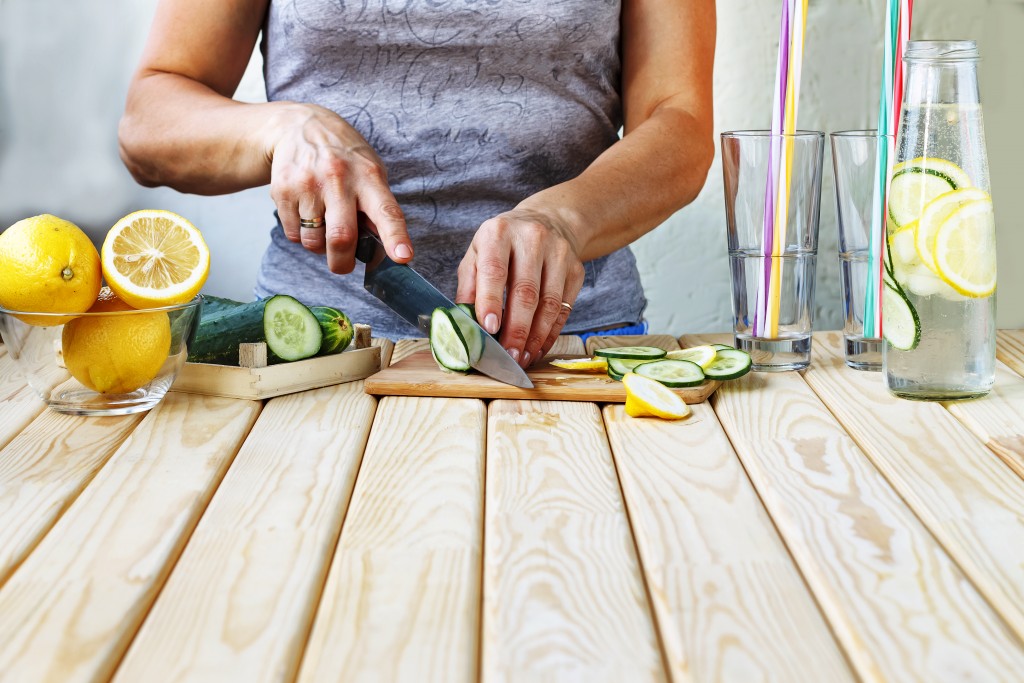Research finds that one in five people who test positive for COVID-19 remain asymptomatic. At the same time, getting vaccinated does not protect us from contracting the virus; it only protects us from having severe symptoms, and should we test positive for COVID-19 even if we have already been vaccinated, we can still spread it to other members of our community who are more vulnerable and have a higher risk of having more severe symptoms.
If you test positive for COVID-19 and have no symptoms or only mild ones, there are plenty of things you can do not just to stay physically healthy but mentally and emotionally as well during your time in quarantine. Much has already been said about how to care for your body if you have COVID-19, but not how to care for your mental and emotional health. Here are some tips and pointers to protect your sanity while you self-isolate for fourteen days.
Maintain your healthy routines
If you’ve already established a healthy routine, such as waking up early, stretching or exercising, taking a shower, eating a hearty and healthy breakfast, and meditating or praying, then there’s no reason you should stop doing those routines. If your doctor is not ordering bed rest, do everything you can to stay as active as before your diagnosis.
If you have the energy for it, keep working from home. But remember to inform your boss about your diagnosis so that they’re well-informed about your condition.
Stay in touch with your loved ones
If you live alone, don’t hesitate to do video calls with your friends and family to let them know about how you’re doing. Be honest with them about what struggles you may have during your time in quarantine—experts say that ignoring or denying our feelings is bad for our health. It’s normal and expected to feel anxious and stressed during this time, whether it’s being worried about your health or frustrated over not having the freedom to do the things you want to do; and acknowledging our negative emotions is key to not letting them get the best of us.
Be honest with your trusted family and friends about your mental health, especially if you have a history of depression and anxiety.
Keep in contact with your doctor and/or therapist
In the same way that you also need to stay in contact with your physician during your bout of COVID-19, you also need to stay in touch with your therapist or counselor, especially if you have a history of mood disorders or mental illness. Your mental health deserves just as much care and attention as your physical health. After all, you are more than just your body; you are your mind and heart, too. If you want your healing and recovery to go as fast and as smoothly as possible, minding your mental and emotional health is also key because there is an intrinsic link between our mental and physical health. One affects and influences the other.

Outsource what you can
If you have plenty of house chores and errands that you don’t have the time or energy for, consider hiring professionals to do them for you. There are plenty of same-day laundry service companies that can take care of your laundry for you. You can also have prepped meals delivered straight to your door. These companies have a lot of health and safety precautions in place to ensure that their employees don’t contract the virus and that they’re able to maintain their distance from customers as well.
You can also arrange to have a contactless delivery by paying online and leaving your laundry at your door instead of having face-to-face interaction with them. But if it’s impossible to avoid contact, make sure to wear your mask at all times and keep a safe distance from the delivery personnel. When your doctor gives you the clearance and you test negative for the virus, you can then have cleaning professionals sanitize and disinfect your home to ensure that no traces of the virus remain in your home.
Find healthy ways to cope
If you were used to smoking or drinking your stress and anxiety away, you need to avoid these practices now more than ever. It’s normal to feel anxious when you have this virus, but there are plenty of healthy ways to cope, like eating healthy and talking it out with people you love.
This may feel like the longest two weeks of your last, but it won’t last. Take this time in isolation to build healthier habits, and you’ll be healthy again in no time.




